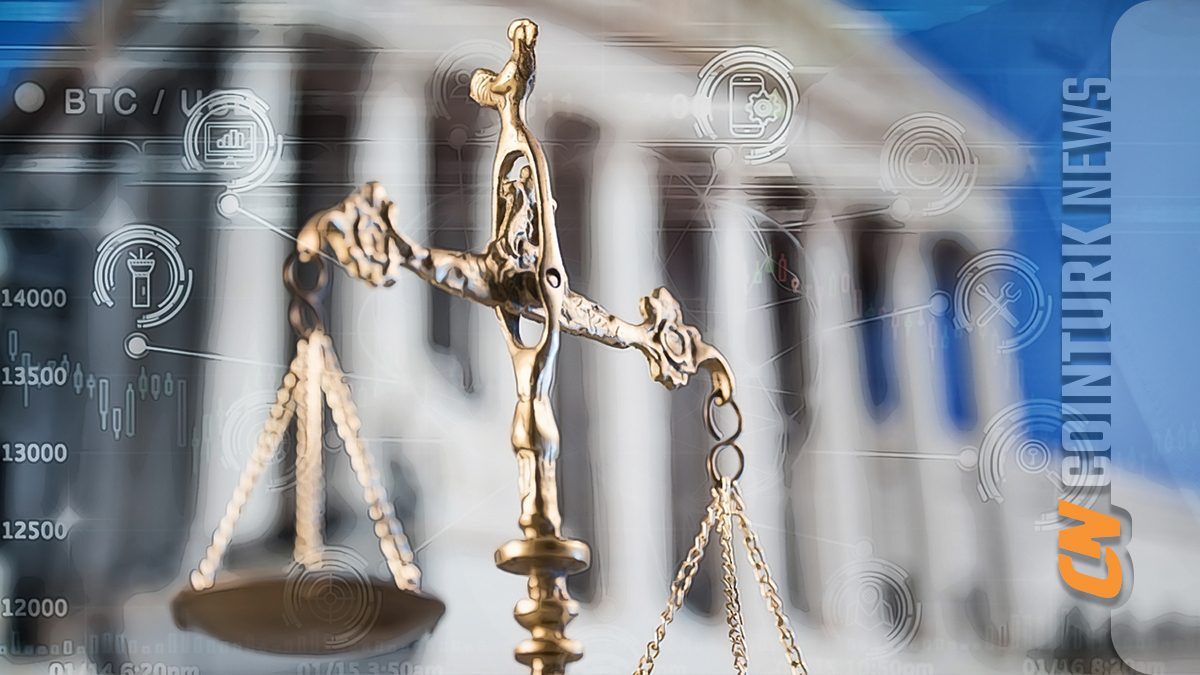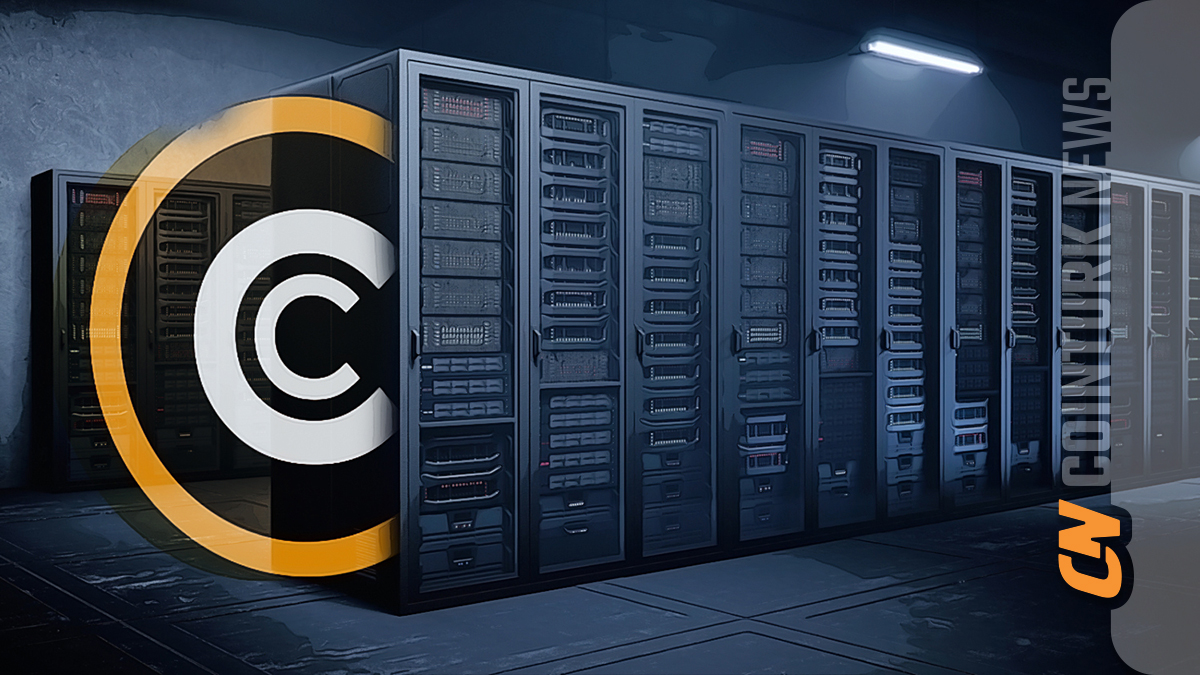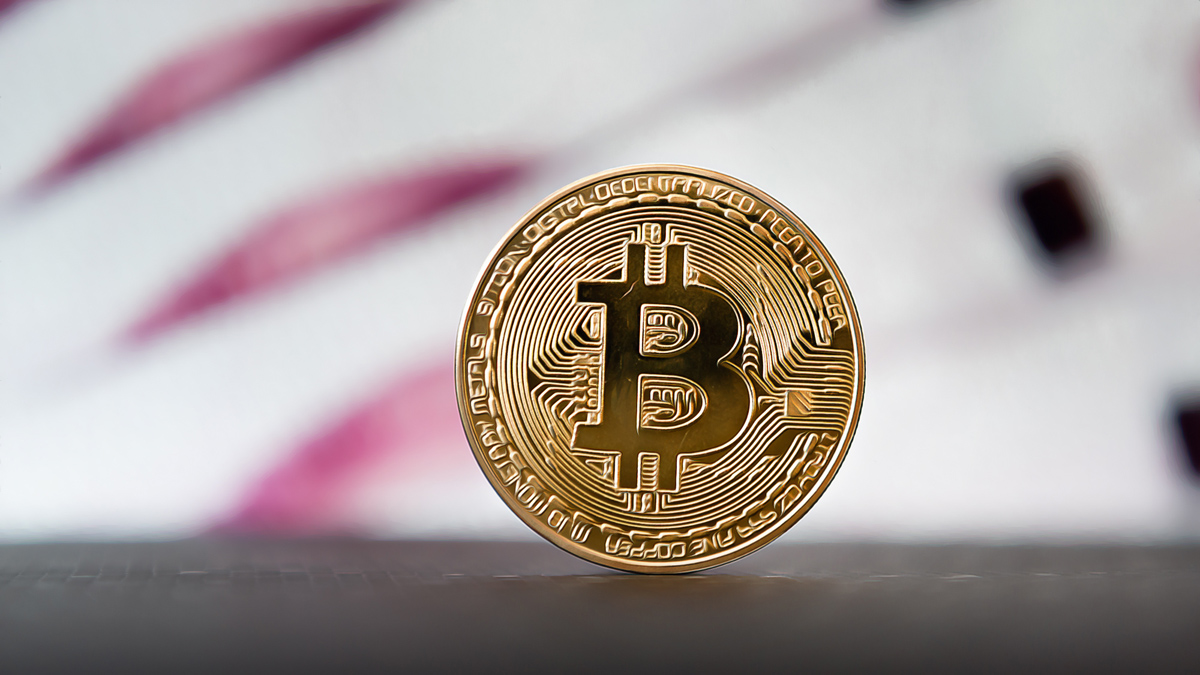For years, the SEC, which has been a nightmare for XRP coin investors, has now clearly targeted other altcoins as of June. SEC Chairman Gensler, who easily labels altcoins as securities, has caused investors to suffer double-digit losses. However, the recent victory of Ripple last week has once again increased the optimism of the crypto community regarding US regulations.
Ripple and Cryptocurrencies
US Representative Ritchie Torres has sent a letter to the Securities and Exchange Commission (SEC). Last week, as you may recall, the court ruled that sales on exchanges cannot be considered securities. Torres’ letter urges the SEC to refocus its efforts on pursuing bad actors in the cryptocurrency sector.

In a letter sent to SEC Chairman Gary Gensler today, Torres said he is eagerly awaiting how the institution plans to reevaluate its regulatory attack on crypto assets following the decision. Torres is a member of the House Financial Services Committee, which is responsible for overseeing the SEC.
“The Commission needs to focus its enforcement energies on bad actors who commit serious violations such as fraud, market manipulation, and misappropriation of customer funds.”
Cryptocurrencies Can Breathe Easy
Advocates of the crypto industry rejoiced last week after a New York judge ruled that XRP is not a security when sold in secondary market “blind bids”. However, Judge Analisa Torres sided with the SEC, stating that the token is a security when sold to institutional investors.
Torres, who is also a member of the Congressional Blockchain Caucus, said that the decision could have future implications. Gensler said in an interview with Yahoo Finance on Monday that it is “too early” to say whether the SEC will prepare more draft rules specific to crypto following this decision.
Many circulating altcoins have also been sold to institutional investors separately. Unlike the previous ICO methods, crypto companies that received investments from institutions at an early stage will not be able to escape the lawsuit according to the latest decision. However, the fact that tokens can continue to be traded on exchanges and the significant portion of assets (private sales generally do not exceed 30-40%) being sold through blind bids will reduce legal pressure.

 Türkçe
Türkçe Español
Español









